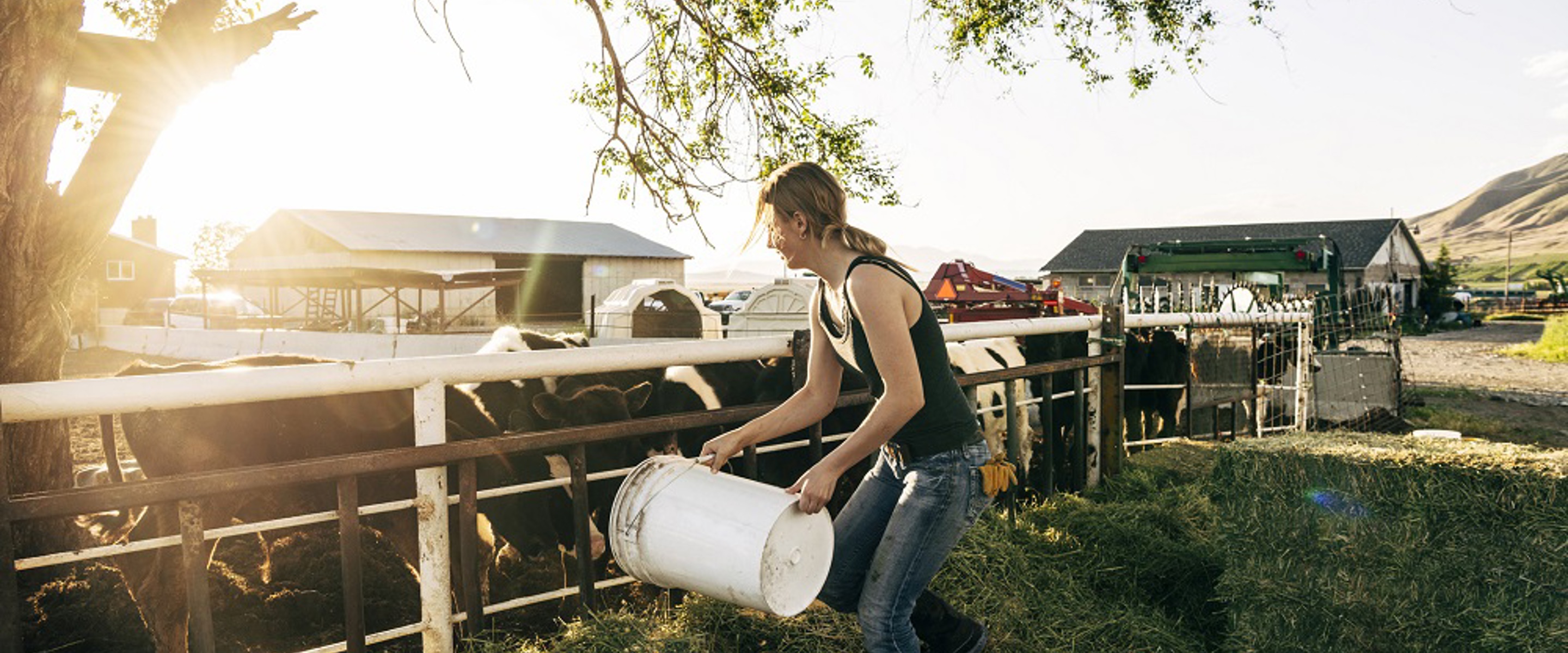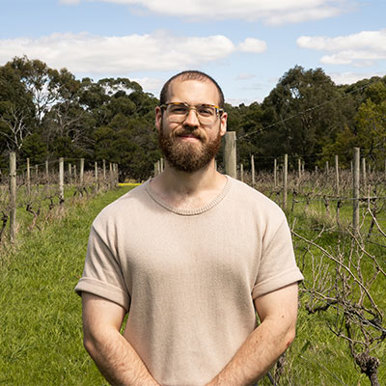
Your future in shaping the world
If you’re interested in a course that balances academic, practical and industry, with a focus on climate change, farming and sustainability, look no further than Agriculture.
Melbourne Polytechnic’s Agriculture courses qualifications offer a broad range of specialisations with primary industry specialists on our industry-standard mixed farming operations at our Northern Lodge Training Centre at Eden Park and at our Epping Campus.
“Melbourne Polytechnic really make sure that you have plenty of career pathways available and they will actively try to get you into the industry.”
James Boon
Certificate IV in Agriculture student
